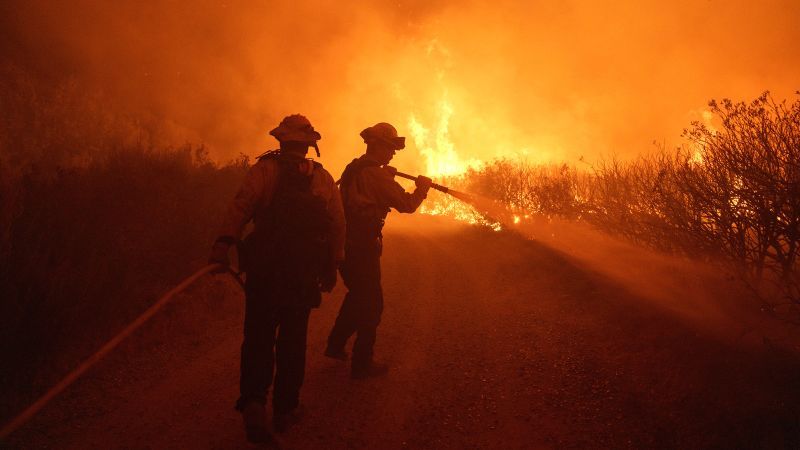Human-caused climate change has already made heat waves around the world more frequent and intense.
Scientists studying the role of global warming on the climate say every current heat wave bears the traces of the climate crisis.
Climate change, driven primarily by humans burning fossil fuels, is worsening global extreme weather overall, but much of that change is related to heat. Heat fuels other types of extreme weather by adding moisture to the atmosphere, making events like heavy rain and flooding, as well as destructive storms, more intense. For every degree Celsius that the planet warms, the amount of water vapor in the atmosphere increases by approximately 7%.
Scientists can also estimate the extent to which climate change influences certain weather events.
An analysis by the World Weather Attribution initiative found that the extreme heat waves that hit parts of the United States and southern Europe in July last year would have been “virtually impossible” without climate change. At the same time, the probability of a heat wave in China was at least 50 times higher due to global warming.
Extreme heat is the deadliest form of weather globally and impacts many aspects of life, exacerbating drought and drying up water reservoirs, making wildfires more likely and destructive, disrupting electrical systems and causing agricultural losses. Experts warn that the impacts of the heat will most deeply affect developing nations and the poorest members of society.
“Globally, population exposure to heat waves will continue to increase with additional warming, with strong geographic differences in heat-related mortality affecting those with fewer resources without additional interventions or adaptation,” the Organization said. World Meteorological.












